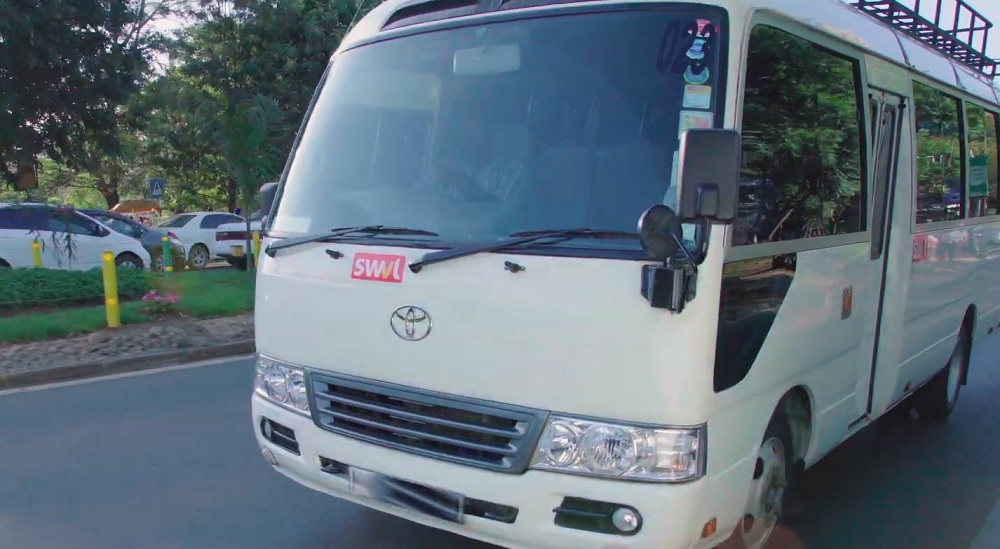Ride-hailing Company Careem Ventures Into Fintech After 10 Years In Business
Careem, the Middle East-focused ride-sharing platform, is moving its focus from ride-hailing to financial services after ten years in business, positioning the super app as a key fintech player in the Middle East and Pakistan markets.

“Payments in our region is not a simple experience, it’s full of friction” said Mudassir Sheikha, co-founder and CEO of Careem. “The opportunity for Careem Pay is enormous, Careem has a leading shot to become the leading digital financial services platform.”
Here Is What You Need To Know
- With the latest move, Careem can now offer a broader range of financial services through its Careem Pay digital wallet, including bill payments and peer-to-peer (P2P) money transfer using a phone number, personal QR code, or payment link, all with the ability to cash out, following regulatory approval and a partnership with First Abu Dhabi Bank (UAE) and its payment solution partner Magnati.
- In the first phase of the deployment, the company will offer foreign remittances and card services to its clients and captains (or drivers), before expanding to offer micro-lending, insurance, and online and offline payment acceptance solutions to merchants on its network.
- The company has received regulatory permits in Pakistan to launch its wallet, and it intends to “follow a payment-led roadmap in each market.”
- The mega app concept was introduced in 2020 and has “shown some tremendous traction,” according to Sheikha. User retention has increased by 30%, and customers who use more than one service on the platform complete three times more transactions per month than those who only use one service.
- Careem has added more third-party services to its smart app in the UAE over the last year, most recently offering car rental in cooperation with Swapp. It is currently attempting to entice additional merchants to use its platform.
Careem Is Banking On Its Over 50 Million Users To Scale Its Fintech Arm
Careem now has 50 million clients spread over 15 markets, four million cards on file, two million captains, and 22,000 merchants ranging from restaurants to pharmacy.
Read also Nigerian Fintech Startup Syarpa Raises $500k Pre-seed
Careem has added more third-party services to its smart app in the UAE over the last year, most recently offering car rental in cooperation with Swapp. It is currently attempting to entice additional merchants to use its platform.
“They’re [the customers and merchants] are already part of the ecosystem that we can build on top of. We also have some pretty deep payments capability”, which Sheikha believes can help merchants drive growth and expansion via the super app.
Sheikha is sure that the company’s future growth would be driven by its concentration on fintech, citing the success of WeChat in China, Grab, and GoCheck in Indonesia. However, one difficulty with super applications, particularly in China, is the dominance they eventually achieve in the startup ecosystem. Their extensive reach gives third-party partners with a captive consumer base, but they risk monopolizing the market.
However, super applications, according to Sheikha, have the potential to “democratize and level the playing field.”
Read also Here’s How The New Payment Service Bank License Given To MTN In Nigeria Will Work
“Now you don’t need to do all the things that Careem has done over the last 10 years. We’ve acquired customers, built last mile logistics capabilities, we accept payments across the region and there’s so many other things we have built that we believe should make it easier for you to build compelling services, not just in one country, but expand them in other countries where Careem is also present,” he added. “It will spur more entrepreneurial activity in the region, than less.”
Careem fintech Careem fintech
Charles Rapulu Udoh

Charles Rapulu Udoh is a Lagos-based lawyer, who has several years of experience working in Africa’s burgeoning tech startup industry. He has closed multi-million dollar deals bordering on venture capital, private equity, intellectual property (trademark, patent or design, etc.), mergers and acquisitions, in countries such as in the Delaware, New York, UK, Singapore, British Virgin Islands, South Africa, Nigeria etc. He’s also a corporate governance and cross-border data privacy and tax expert.
As an award-winning writer and researcher, he is passionate about telling the African startup story, and is one of the continent’s pioneers in this regard. You can book a session and speak with him using the link: https://insightsbyexperts.com/view_expert/charles-rapulu-udoh






